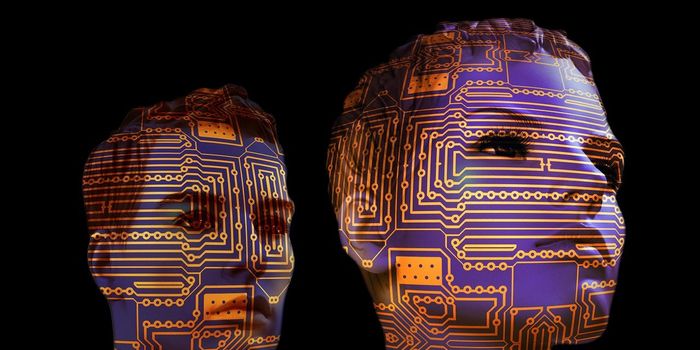New Diagnostic FET-based Biosensor Enables Rapid Detection of SARS-CoV-2
The coronavirus disease 2019 (COVID-19) pandemic continues to be at the forefront of the world’s attention. COVID-19 is caused by the severe acute respiratory syndrome coronavirus 2 (SARS-CoV-2). Currently, there is still a considerable need to develop diagnostic tests for the SARS-CoV-2 that are rapid, easy to implement, and more accurate than existing tests. New research, published on April 20, 2020, in the journal ACS Nano details the discovery of a new diagnostic test that uses a field-effect transistor (FET)-based biosensor to detect SARS-CoV-2. This new technology can detect very small concentrations of the virus (concentrations of 1 fg/mL) from samples collected from nasopharyngeal (deep nasal passage) swabs.
A majority of the currently available diagnostic tests for SARS-CoV-2 involve a technique called real-time reverse transcription-polymerase chain reaction (RT-PCR). In RT-PCR, a tiny amount of the virus’ ribonucleic acids (RNA), collected from the patient, are copied millions to billions of times in order to amplify the signal and detect the virus. Unfortunately, this ‘copying’ process typically takes at least 3 hours and requires an additional, time-consuming step to prepare the virus’ RNA for amplification. Thus, rapid detection is not currently possible.
Enter FET-based diagnostic biosensors! FETs are common electrical components used in many different integrated circuits for a variety of applications. Edmond Changkyun Park, Seung Il Kim, and colleagues developed a FET-based biosensor based on a sheet of graphene, with antibodies attached to it, that can instantly and easily detect SARS-CoV-2. Their technique does not require any additional steps to prepare the sample from the patient for testing. The FET-based diagnostic tool works by modulating the electrical signal from the device when the virus binds to the attached antibodies. Their device was highly sensitive to SARS-CoV-2 and did not show any false-positives from other similar viruses such as the Middle East respiratory syndrome-related coronavirus (MERS-CoV). This new diagnostic device would enable instant detection of SARS-CoV-2 in patients. Also, this FET-biosensor can be adapted for the easy and rapid detection of other viruses that already exist or may emerge in the future.
Sources: American Chemical Society, ACS Nano









